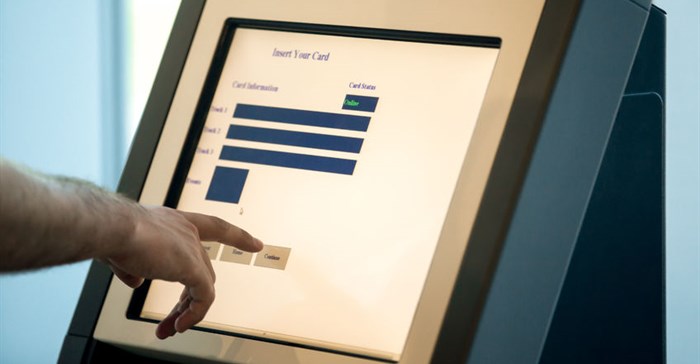Self-service improves customer satisfaction

The biggest change in customer service is the sheer number of channels through which people can contact your business. Instead of just phone calls and snail mail, consumers can now reach you by email, social media, text message, video call and live chat. Mobile technology has also enabled constant connectivity, giving customers 24/7 access to public forums in which they can talk — or complain — about your company. Only organisations that are willing to adapt and respond to this shift in business-consumer dynamics will survive.
We believe that businesses will focus on making self-service easier. We are already seeing companies start to address the desires of many consumers for automated self-service, by evaluating their core systems, investing in knowledge management and exploring virtual assistants.
Some of the initiatives that we can already see in place, include connecting conversations with context, where companies have removed the need for consumers to explain, sometimes repeatedly, why they need service, which goes a long way in making self-service easier.
Virtual assistants, voice biometrics
Another initiative is making secure authentication easy, with some introducing voice biometrics to meet demands for easy, secure authentication instead of consumers having to use PINs and passwords to authenticate their identity. Finally, businesses have understood the value of their websites and have taken steps to improve their website effectiveness. Customers are increasingly beginning their self-service journey on the web, only calling the contact centre when they cannot find an answer online. Websites today have employed virtual assistants that are powered by language understanding and conversational capabilities, streamlining and speeding up the digital service experience, minimising a customer’s time and frustration while saving the business money.
No one likes to wait. By making self-service easier, businesses will automatically help empower customers control their time, if they offer consumers more control when customer service extends to the field.
Time has value
In the recent Trends 2016: The Future of Customer Service by Forrester, it was found that 73% of consumers say that valuing their time was the most important thing a company could do to provide them with good service — whether on a call, in a chat, or while waiting for a service technician to troubleshoot and fix their product. Would you not prefer to wait for a delivery to arrive within a timeframe rather than listening to that annoying hold music that some businesses insist on playing as you wait? To this end, businesses continue to explore ways to offer self-service scheduling, providing an easy means of rescheduling appointments and actively seeking feedback on the service experience.
Personally, waiting for a service or delivery person to arrive within a set window of time, far outstrips the annoyance I feel listening to hold music. The Forrester report forecasts this year companies will explore ways to offer self-service scheduling and better inform and prepare their employees to provide effective field service.
For businesses who would like to improve their customers’ field service experiences while differentiating themselves on this aspect of customer service in the near future, we recommend a few suggestions. For a customer to have a good field service experience, the businesses should successfully engage with the customer before arriving, and it is important to use multiple channels of communication to raise your engagement rates. Help make your customers’ ability to reschedule or communicate with you is fast and easy that can be accomplished from every message they receive, on every channel, with a simple click, tap or spoken request. With all the knowledge gained through the field data, businesses must leverage it to predict needs of its customers delivering faster, easier and a more personal experience.
In the age of fierce competitiveness, companies that deliver a great end-to-end experience that makes them stand out from the clutter will attract and retain customers. No matter which industry a business is in, this is a universal truth and businesses that choose to make superior customer experience their core business strategy will continue to thrive.


























